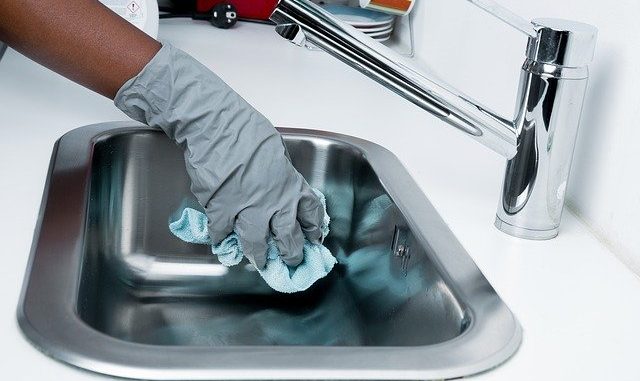
From Alex Homer
BBC Local News partnerships
More than a quarter of the workforce in Thanet – including thousands of key workers considered critical to the UK’s response to the coronavirus crisis – are earning below the so-called “real living wage”, data suggests.
The real living wage is a voluntary scheme devised by the Living Wage Foundation. It is calculated independently from the government and is based on costs such as food, clothing and household bills.
One in five UK employees earn below the Living Wage Foundation rates, including hundreds of thousands of key workers including hospital cleaners and porters, teaching assistants and carers.
In Thanet some 25.8% of workers – around 10,000- – fall below the Living Wage rates which are currently £10.75 an hour for those working within London and £9.30 an hour for those working in the UK outside London.
The scheme is separate to the statutory National Living Wage, which is the legally-binding hourly rate for workers aged 25 and over. It is reviewed every year just like the National Minimum Wage (for under 25s).
The government raised the National Living Wage to £8.72 an hour from 1 April.
The GMB union said the coronavirus crisis had shone a light on the “rock-bottom pay” of the people “expected to risk their health to protect us”. It says more than three million workers could be affected and called for key workers’ wages to be raised.
Economists have, however, urged against further wage rises before the full toll of the crisis is clear. The Low Pay Commission, an independent body which advises the government, warned it might be necessary to apply an “emergency brake” on long-term plans to continue to lift the statutory minimum.
The Department for Business, Energy and Industrial Strategy said: “It is right we ensure the lowest paid are fairly rewarded for their contribution to the economy, particularly those working in essential services during the biggest threat this country has faced in decades.
“This year’s increase to the National Living Wage means we will be putting an extra £930 a year into the pockets of 2.4 million of the UK’s lowest paid workers.”
Katherine Chapman, Director of the Living Wage Foundation, said: “”It’s incredibly important that key workers are paid a real Living Wage. These are the hospital cleaners, the shelf-stackers and the carers who are putting their health on the line to keep us safe, and to keep our economy and society running.
“Almost two-thirds of cleaners and domestic workers, and over a third of care workers and in-home carers currently earn less than the real Living Wage. For those employers that can afford to do so, it is important that they continue to support workers with a Living Wage. We know Living Wage businesses are robust and resilient, and it is these employers that will emerge from this crisis stronger.”

